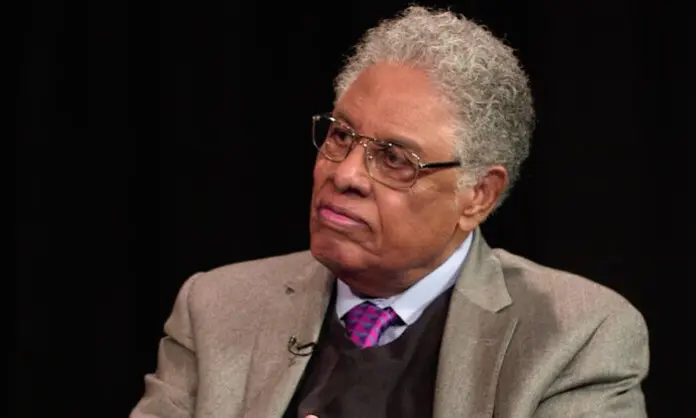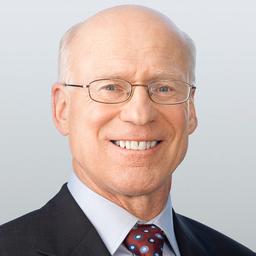Commentary
Thomas Sowell’s searing critique of bureaucracy—“It’s hard to imagine a more stupid or dangerous way of making decisions than by putting those decisions in the hands of people who pay no price for being wrong”—is more relevant today than ever. This legendary economist, born to North Carolina sharecroppers in 1930, overcame adversity to become one of the most influential conservative thinkers of the modern era. His insights resonate powerfully across borders, offering lessons for Canada as much as for his native United States.





